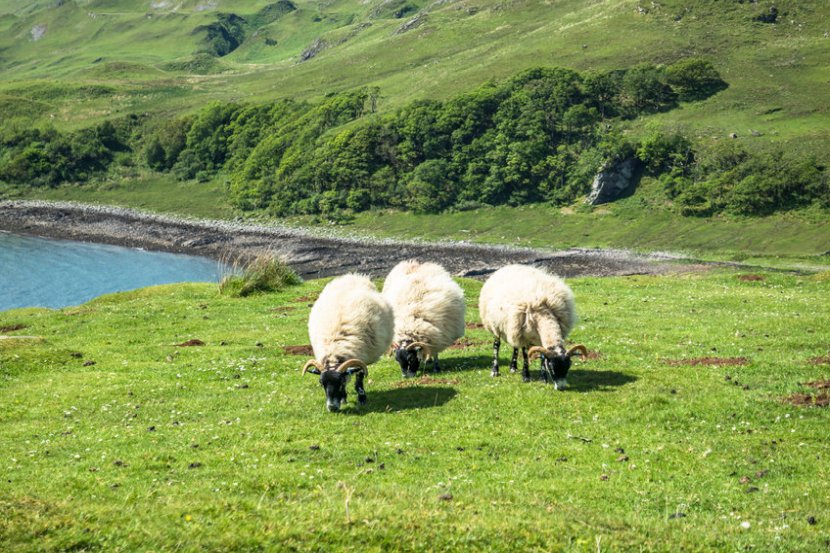
A new myth-busting toolkit has been launched to empower farmers to kick-start positive conversations around red meat in the lead up to COP26.
It includes responses to some of the biggest myths plaguing UK farming such as methane emissions, water usage, grazing, land use and red meat consumption.
The toolkit was created by Quality Meat Scotland (QMS), Agriculture and Horticulture Development Board (AHDB) and Hybu Cig Cymru (HCC).
They state that all livestock in the UK emit 6% of total GHG emissions, with crops emitting 4%, and that the UK is predominantly grassland, with 65% of farmland being grass.
This land is unable to sustain crops, so grazing animals allows this land to be productive while maintaining it for wildlife habitats, food sources and helping to aid biodiversity.
The organisations also say that UK cows and sheep account for only 5.7% of net UK emissions - and that figure is constantly reducing.
And almost all water used to produce UK beef and lamb is rainwater, which makes up around 90% of the water needed to produce red meat and dairy in Britain.
This means only a small amount of treated or tap water is needed to produce British beef, lamb, pork.
AHDB’s head of marketing, Liam Byrne said there were a lot of mixed messages in the media around food and nutrition, and it was easy for consumers to get confused.
“We know from AHDB research that consumer trust in farmers and their role in food production remains robust, and that they are keen to hear more farmers telling their stories.
"Consumers want to be armed with the facts around food and farming so they can enjoy nutritious meat and dairy as part of a healthy diet."
Owen Roberts, communications manager at HCC, said farmers across Britain were being asked to do more to tackle climate change.
"It’s important that the debate is based on the reality of lamb and beef farming in these islands," Mr Roberts added.
“Our methods are a world away from the most environmentally-damaging examples sometimes highlighted in the media, and we have the resources – grass and rain – to lead the way in sustainable farming.
"We have a positive story to tell."
